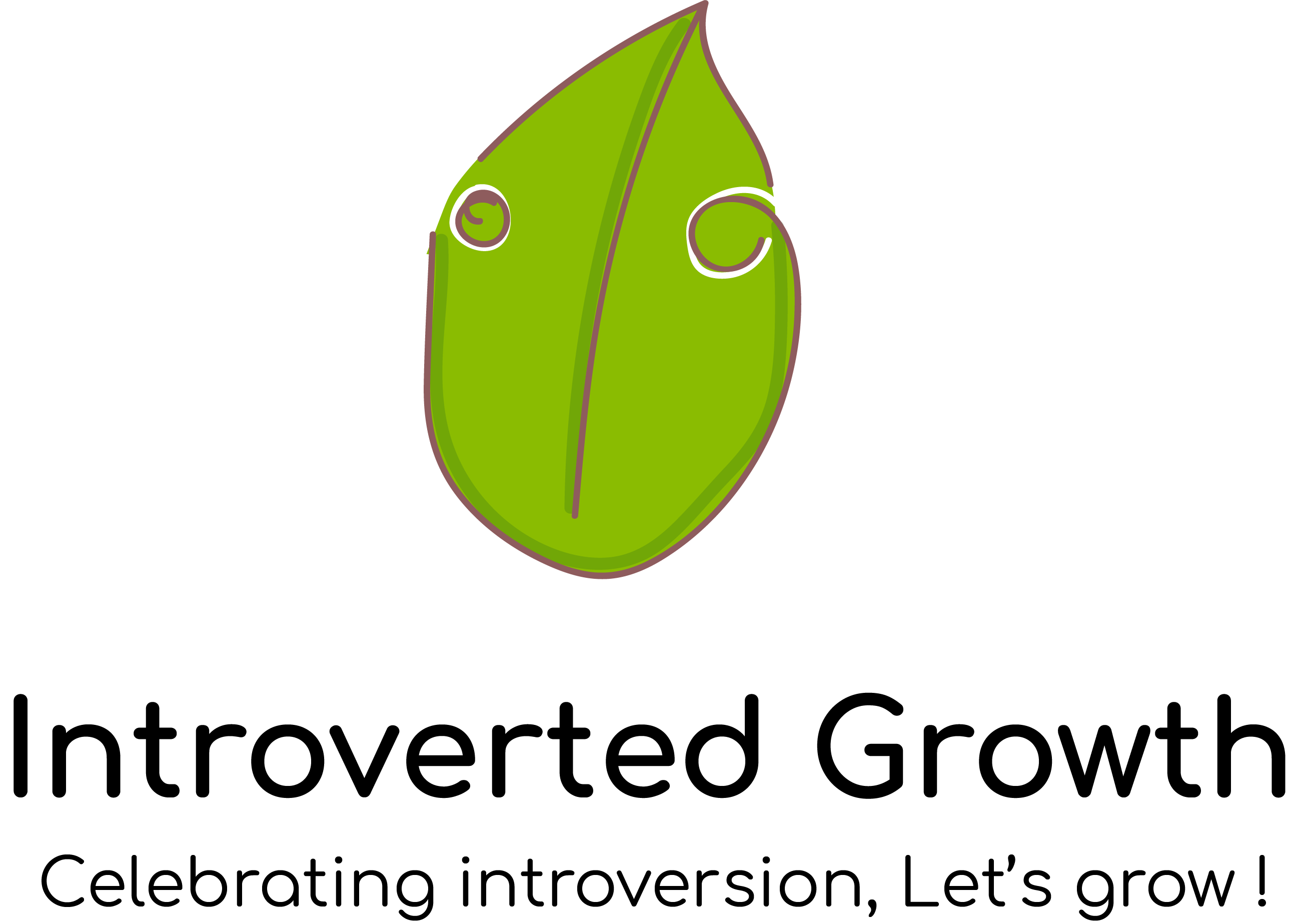Getting an introvert to open up to you emotionally can be like trying to get a turtle out of its shell. for us introverts, our emotions are the most private part of ourselves, and we’re quite protective of them. But with someone we love and trust, it can be a different story entirely.
If you have an introvert in your life whom you want to open up to you emotionally, read through these 9 applicable tips on how to get her (or him!) to confide in you emotionally.
How to Get an Introvert to Talk About Their Feelings
1) Avoid social activities
Avoid dragging them into social activities if you want them to open up emotionally. Introverts prefer calm, peaceful surroundings to open up emotionally. If you wish for them to let their guard down and open up, a quiet place with no distractions is ideal.
2) Make an effort to show empathy
It’s so important to be empathetic towards what they are going through. What you say and how you approach them will help you determine if they are willing to open up. if you’re eager to get an introvert to open up emotionally, practice empathy. It is the most important aspect in getting an introvert to reveal their feelings and thoughts.
3) Don’t force a confrontation; approach the subject cautiously and sensitively
If you’re intent on getting an introvert to open up about personal matters, try not to force them into a confrontation. Approach this matter carefully and delicately. Use pleasant words that will encourage them to share a part of themselves with you. Do not interrogate or threaten them if they are unwilling to talk about a certain issue. Offer your assistance, opinions, or listen when they decide to open up. Communication should be 2-way so it’s vital for you both to express yourselves as well as listen.
4) Recognize that introverts may find it hard to talk about their emotions openly.
If an introvert is timid when talking about their feelings, don’t take their lack of words as a sign of coldness or rudeness. we introverts are not used to talking openly about how we feel, what we think, or our personal matters.
keep in mind that it’s completely normal if you’re having a hard time getting your introvert to open up emotionally to you.
It could take anywhere from a few days to a week or so. however, there are times when they may open up suddenly.
Speaking from a personal experience, I sometimes get these urges to call my boyfriend even in the middle of the night just to tell him how I feel about something that happened to me, and I wouldn’t be able to sleep if I don’t do it!
5) Don’t take their subtle hints for granted.
Sometimes, an introvert will make their feelings and thoughts known without saying it directly. They may answer a question that you have asked in a cryptic way or somehow reflect your words onto themselves (e.g., “I guess everybody feels like this sometimes…”)
look for these subtle hints and use them to guide the direction of the conversation. Notice what they are interested in and be as empathetic as possible during conversations. With time, you will find yourself talking about things that matter with no effort, and vice versa!
6) Be prepared for small talk in the beginning.
It’s not unusual for an introvert to be somewhat guarded at first. Sometimes if an introvert is willing to talk about their feelings but are hesitant to do so, they may find small talk easier to open up with.
This is why it’s important that you try to initiate a conversation and make your presence known, regardless of whether you’re getting an introvert to open up emotionally or not. Don’t feel frustrated if all you’re getting, in the beginning, is short answers; this is perfectly normal! Just keep talking with them. Introverts also need time to adjust so don’t push too hard.
Start out slowly by asking questions such as “how was work/school?” They will eventually loosen up and start opening up more about themselves, and you’ll most likely find that the conversation will gradually flow from small talk to a deeper level, especially if you are naturally warm and caring!
7) Offer physical support, if appropriate!
Some introverts are more comfortable and open up better in person; simply being with someone can make it easier for them to be emotionally vulnerable. If they want to confide in you, offer your support by giving them a hug or holding their hand (if this applies).
Sometimes, just being there for them is enough and they will be comforted by your presence alone! Remember that the key here is to not force anything – let them take the lead when it comes to showing affection physically. It’s perfectly fine if they don’t want physical contact at all, too. These things are best done naturally so as not to overwhelm them when trying to get an introvert to open up about personal matters.
8) Make sure they can confide in you without being judged.
If you show any sign of judgment, you may end up pushing them even further away emotionally… You also need to be willing to listen and offer your support without condemning or making them feel bad for how they feel! This is a big part to getting an introvert to open up to you.
9) Be a secret keeper!
Now, this last part is the tricky one, and it may or may not apply to everybody. Sometimes you cannot get an introvert to open up emotionally unless they feel like their privacy will be respected.
Although the best way would be to have them tell you directly that you are someone they can trust, there’s always a chance that they won’t say anything at all. If you really want them to confide in you, then you need to earn their trust by keeping your end of the deal – do not tell anyone else about what they have told you! You must promise this beforehand and stick with it. (you wouldn’t break a promise made in confidence now, would ya?)
conclusion
It can be extremely rewarding once an introverted person has opened up about personal matters. Ironically enough, this can happen even if they’re reluctant at first. Take it at their pace; don’t force anything but let things develop naturally over time! The reward here is knowing that you have truly become someone worthy of the love and trust of someone who is very good at self-containment–an introvert!
Just enjoy the time spent together and be patient with their emotional needs. Eventually, they’ll feel emotionally safe enough to reveal themselves to you. And once they do… they are yours for life!






